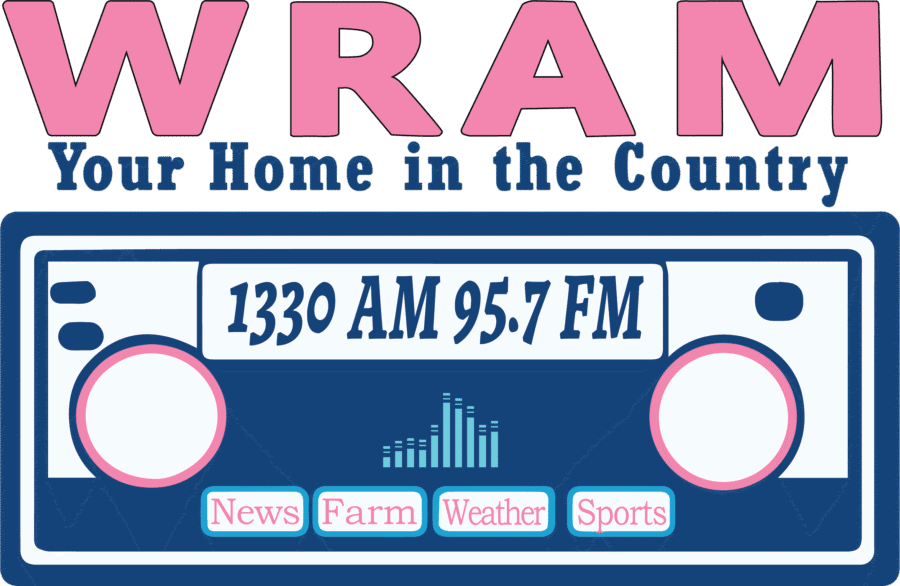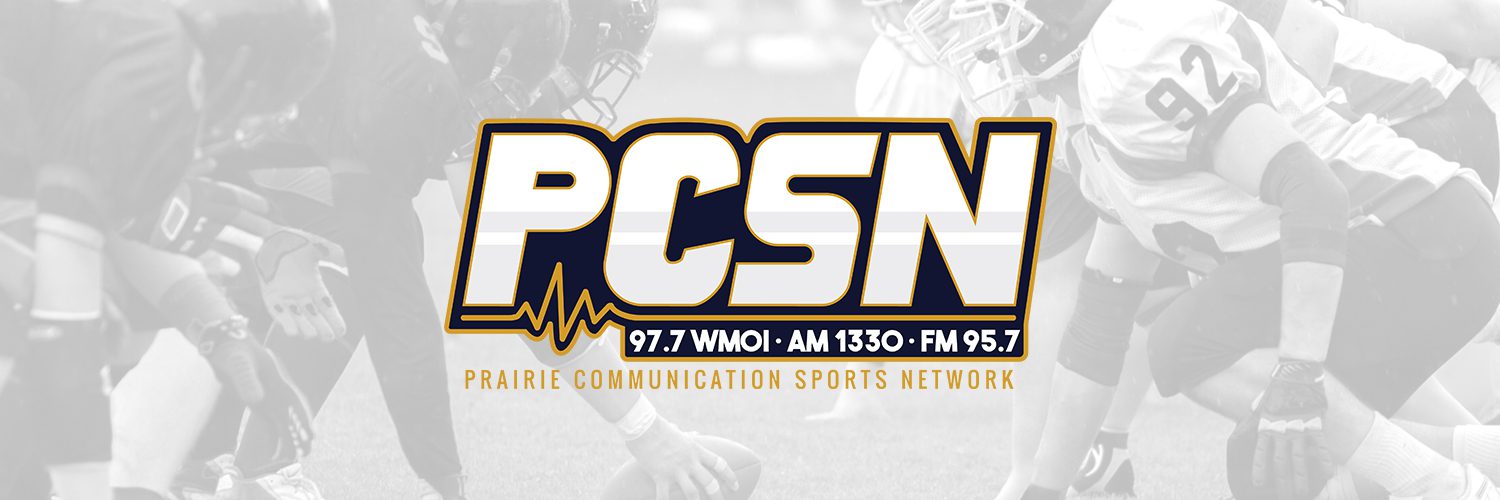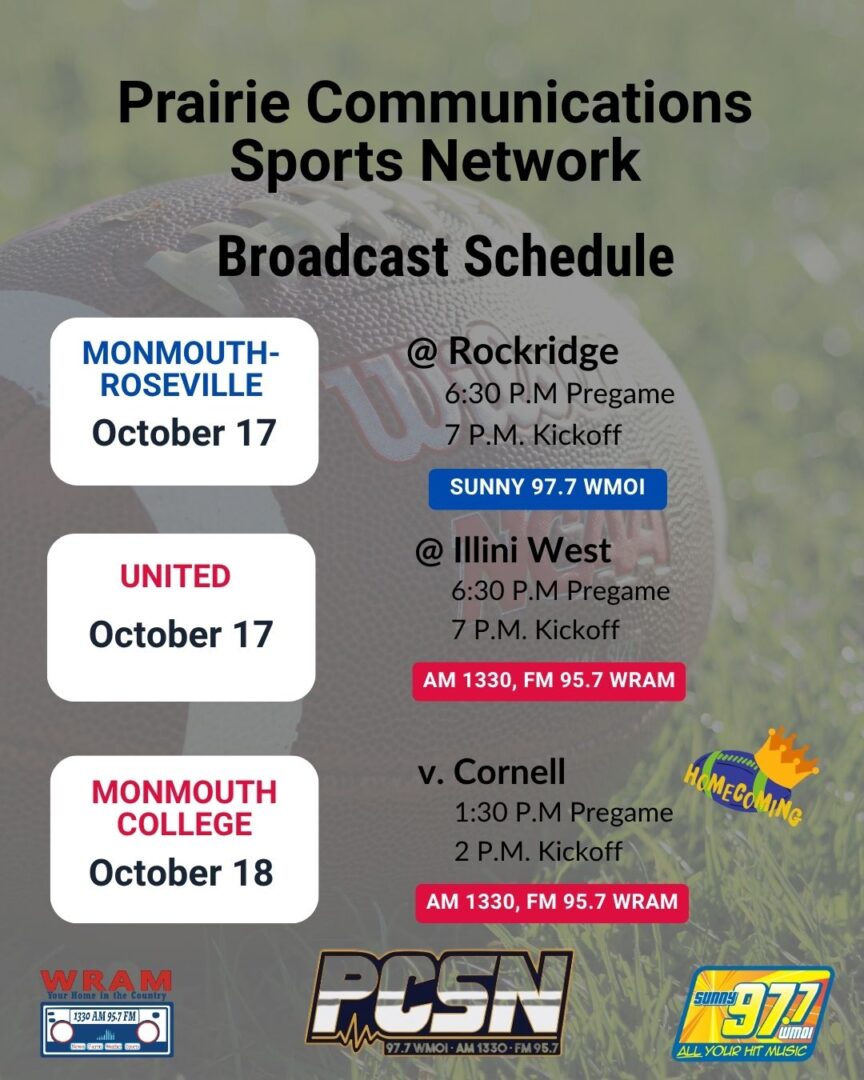By Thomas Best
Last week, I described a book which grabbed my attention. Entitled: “The Aftermath: The Last Days of the Baby Boo and the Future of Power in America,” this study by Philip Bump, a columnist with the Washington Post, is a fascinating analysis of those—like myself—who are part of the “baby boom” generation.
Previously, I shared what the baby boomer generation meant to America’s development in the era after World War II. This was the age of diaper services, Barbie, Little League, and televisions. Today, I want to address the second topic of interest here: What will the fading influence and passing away of this large population mean to those in generations left behind? How that transition occurs and its influence is also the subject of this book.
First, the current “boomer generation” is now pushing our nation to increasingly consider the significant social and economic consequences for “elder care.” Assisted living centers are being refitted in the abandoned elementary schools which these senior citizens once attended. Shopping malls from the boom days of decades ago are now being turned into pickleball courts. Because of increasing health care needs for this aging population, newer generations are being hired in larger numbers to address those needs. There is also going to be a massive transfer of wealth from this generation to their children. What will younger generations do with their parent’s homes and the proceeds from investments in property, stocks, and all kinds of financial funds? All those cruise ships once built to haul retired passengers from port to port are already shifting their advertising and on-board attractions to meet the vacation desires of young parents with children. Political parties which once counted on “boomer’s” leadership, lobbying dollars, and consistent voting for the two major parties—the GOP and the Democrats—are going to have to figure out how to exist in a country where “Independents”—the soon to be largest political block—will be shaping policies with their votes. Our pre-K to 12th grade schools and colleges/universities, military hierarchy, and corporate leadership will be transitioning into a population that is more racially-diverse, more likely to live in urban/suburban areas, and less associated with everything to gas-powered vehicles to once taken-for-granted social safety nets such as social security.
The fading and passing of the baby boom generation is certainly going to alter the America of the past seven decades. Not surprisingly, this author stresses a closer analysis of the social glue holding future generation together and how the next generations, freed from “boomer” influence, tries to shape their own future and that of our nation. Will they attempt to break free of their parents and grandparent’s responses to needs and crises? How will they—if desired—turn to the history of the “boomer generation” to seek ideas influencing their futures?
Thanks for listening.













